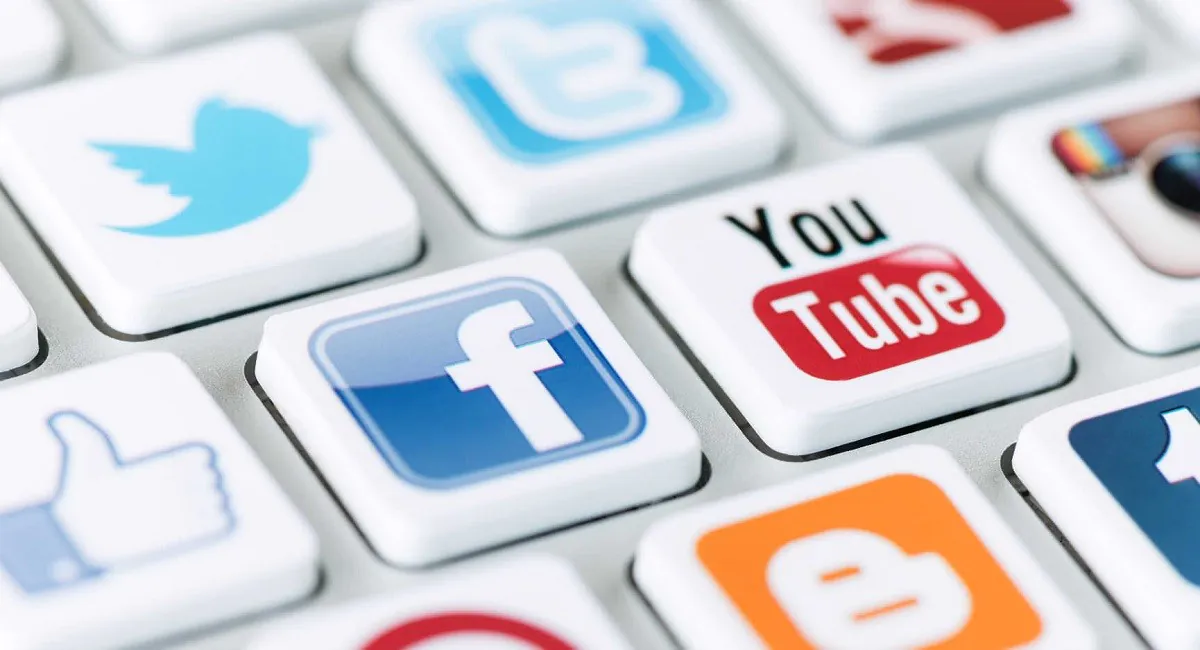
Information is just as good as a weapon, so its rapid spreading and use can significantly affect the state of society and even the course of military conflicts. Not surprisingly, social networks, as the fastest way to spread information, have become one of the powerful forces in Ukraine’s war with Russia.
You should not look down on social networks solely from the standpoint of entertainment content in peacetime, because in this war they began to perform completely different tasks.
During the war, the state of constant anxiety and tension urges to constantly monitor the news. We are looking for most up-to-date information about the situation at the frontline, news about Ukraine in general, the status of negotiations or new arms supply agreements from partner countries… It is more effective to subscribe to telegram channels or Twitter accounts of official institutions and statesmen than to constantly update news sites.
Social networks’ personal pages of journalists and ordinary soldiers from the front line allow you to quickly get up-to-date information first hand, as well as see materials that are not typical for the classic media.
It is easiest to convey your opinion to the authorities as a group, just as it is easier to report the state of things to foreigners with a flash mob using certain global hashtags. It is easy to unite international protests and solidarity marches with simple, understandable hashtags #standforukraine #stopwar, etc.
Read also:
The victory of Kalush at the Eurovision Song Contest with the appeal #savemariupol #saveazovstal is the clearest evidence of the effectiveness of such a media campaign. After the live broadcast, Google’s search trends for ‘Mariupol’ and ‘Azovstal’ among European countries simply skyrocketed.
Politicians in the EU and other partner countries have a habit of expressing their views on the war in Ukraine using their official pages. While some comments from Russian officials replicate propaganda positions. However, due to their awkwardness, they sometimes achieve the exact opposite result. Thus, the comments of the Minister of Foreign Affairs of the Russian Federation Sergey Lavrov on the Jewish origin of Hitler and the Jews as the biggest anti-Semites received a quick response from the Israeli leadership with statements of support for Ukraine despite Israel’s usual neutrality.
The impact of public pressure on the activities of companies in Ukraine and Russia should not be underestimated. Using cancel culture can be just as effective against corporations as it is against individuals. The opinion of users, combined with international sanctions, is forcing multinational corporations to close down one after another in Russia.
On the other hand, there is a so-called positive motivation when companies are being praised for their support of Ukraine, or call for help. A notable example here is the supply of Starlink kits by Elon Musk to provide the Internet to the military and civilians in critical situations.
Read also:
Sometimes having a good laugh is the only thing you can do to relieve stress and not lose the ability to keep hold of this timeline. That is why we have an incredibly large number of memes, some of which have reached national proportions. The most famous case of turning a meme into a global phenomenon was the printing of a stamp with a famous phrase about a Russian ship, as well as the hype about its sale. Humorous content is much more viral and tends to spread incredibly fast when it hits the target audience.
Whatever it is, in a state of war, everything is somehow put to good use to fulfill the mission of defending their country. Therefore, distribute decent content, support the Armed Forces and believe in our victory!
And don’t forget! You can also help Ukraine fight with Russian occupants via Savelife or via an official page of the National Bank of Ukraine.
Read also:
Leave a Reply